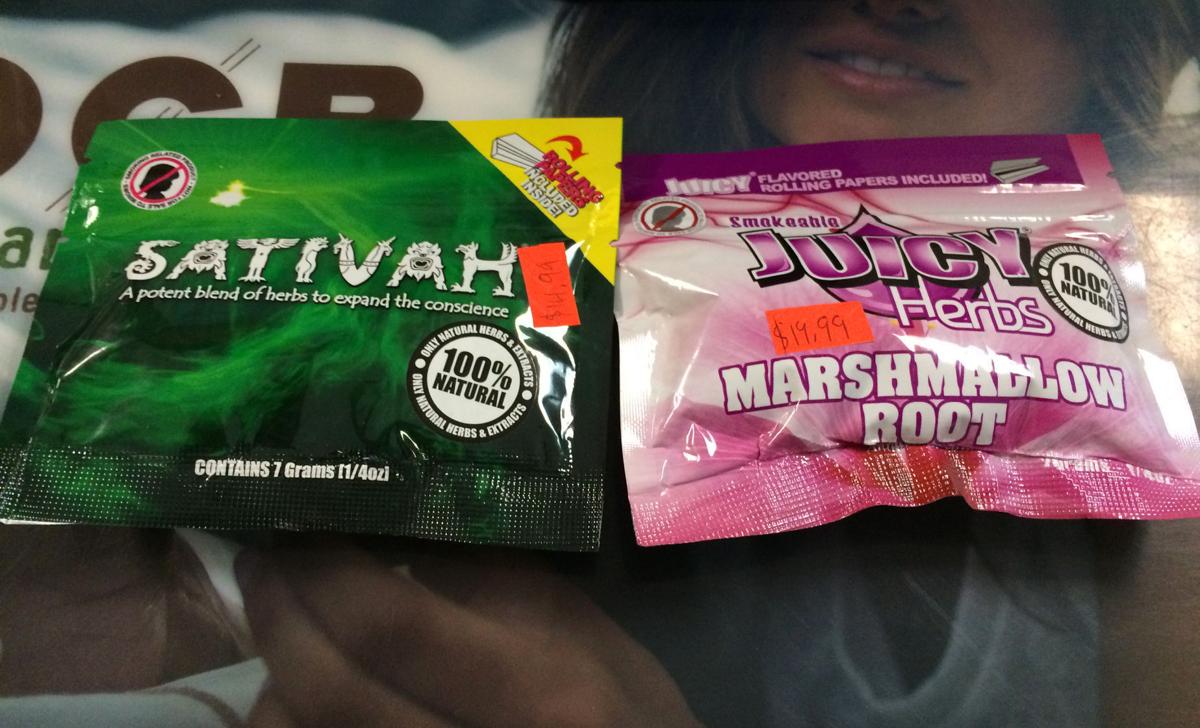In August 2016, St. John the Evangelist Catholic Church started a Give them Food campaign to combat Spice, a synthetic marijuana with terrible side effects. Congregation members had noticed that users, who often panhandled around the church, were also having seizures, walking into traffic, and collapsing on the school and church grounds. The leaders of St. John’s, Southern Arizona Interfaith (SAI), the Tucson Police Department (TPD), and the Pima County Health Department began to work together to educate the community about the drug and prevent its sale.
We held a community meeting on Spice at St John’s; over 250 neighborhood members attended. After the police and St. John leaders described the drug and the current situation, we held small group meetings to answer questions and share stories. Christina told us that she was “a mother of a Spice victim and a resident of the Amphi Neighborhood. I am a lifelong resident of the area and my two sons and I all attended Amphi High School. A year ago my son became addicted to this poison. His body goes through seizures like spasms where he can’t control his muscles. He is literally doubled over, clenched up, drooling and unable to speak. For a while, I had to go to his house daily to make sure that he was still alive. No parent should have to go through this.
“I heard about the Spice meeting because I work in the St. John area. Many neighborhoods around Tucson are suffering the consequences of this horrible substance. It was and is being sold in neighborhood stores and smoke shops, because it is often legal. Wherever it is sold, loitering, vagrancy, theft and panhandling increases.”
Regulating Spice is difficult. Those that make it, usually in foreign countries, are constantly changing the chemical composition so that it’s just outside the current laws. They import it as bath salts, room deodorants, potpourri, etc., but it is sold as a cheap street drug. It’s like consuming a psychedelic version of moonshine: it can make you high or go into convulsions. Its main targets are young men who want a cheap high and who can’t afford designer drugs or even a 12-pack of beer. Like most drugs, it’s a symptom of bigger problems, but it can and does contaminate entire communities.
Last fall, SAI and Pima County Interfaith hosted an accountability session with more than 500 community members and Arizona legislative candidates at Amphitheater High School. One of the issues we focused on was Spice. The candidates promised to help introduce a bill to make Spice ingredients illegal and to help law enforcement agents to press charges against the Spice dealers. This February Rep. Pamela Powers Hannley, D-Tucson, one of the representatives who attended the accountability session, negotiated the inclusion of Spice ingredients in a bill on controlled substances (HB 2033) sponsored by Rep. Heather Carter, R-Cave Creek. Gov. Doug Ducey signed it into law in March!
The fight is not over, however. Drugmakers keep tweaking the recipe with different chemicals to avoid the laws. Police and local officials told us the law needs to be updated regularly to make it effective. Ward 5 Councilman Richard Fimbres and Ward 6 Councilman Steve Kozachik (both up for re-election this fall) have championed a Tucson Spice ordinance. Without it, we’ll have to wait until the 2018 legislative session to update the law.
The Tucson City Council will be voting on the Spice ordinance on Tuesday, May 23, at 5 p.m. Please join Pima County Interfaith, SAI, and other members of the community to show support for this ordinance.





